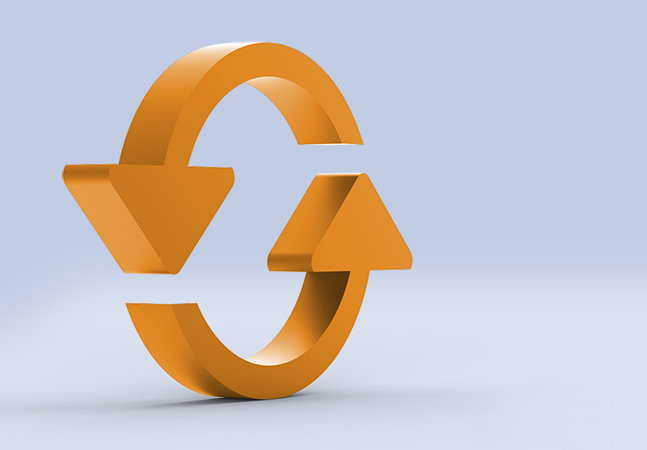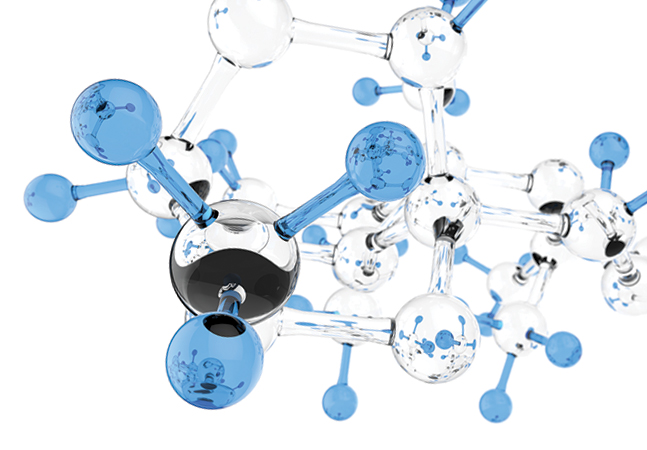
Here are three Windows 10 features that are more like bugs, and one suggestion for a feature that might not have occurred to Microsoft yet.

According to Brien's take on the Microsoft tea leaves, the year ahead should bode well for Hyper-V and Azure customers. On the other hand, Windows 10 S users may want to brace themselves.

For those new to the field of quantum computing, here's an overview of what this emerging tech can do.

Microsoft's investments into this emerging technology made some big waves this year.

From AI becoming more mature to Microsoft's augmented reality advances, Brien's predictions from the start of this year were right on the money.

The constant stream of new features and updates is great, but keeping track of all the changes can be a serious headache. Luckily, Microsoft isn't leaving its customers to figure it out alone.

While the hardware might not have changed much since last year, the experience has definitely been improved.

With help from the Microsoft Office Services Sign-In Assistant, you can delay or pause synchronizations in Office 365.

While the app has potential to be a great way to keep on top of tasks, it needs some improvements.

Create general or custom alerts when configuration changes have been made in Office 365.

Outlook's new LinkedIn hooks will help personalize e-mails to those you might not know too much about.

While there are many tools out there that will help you keep on top of your tasks and assignments, Office 365 Planner integrates useful collaboration tools in its offering.

With the help of PowerShell, Hyper-V management is simplified when actions can be performed in bulk.

Microsoft has made it easier than ever to create a backup Windows OS, ready for when disaster strikes.

The new feature, available in Windows 10, allows for the creation of simple VMs with just a few clicks.